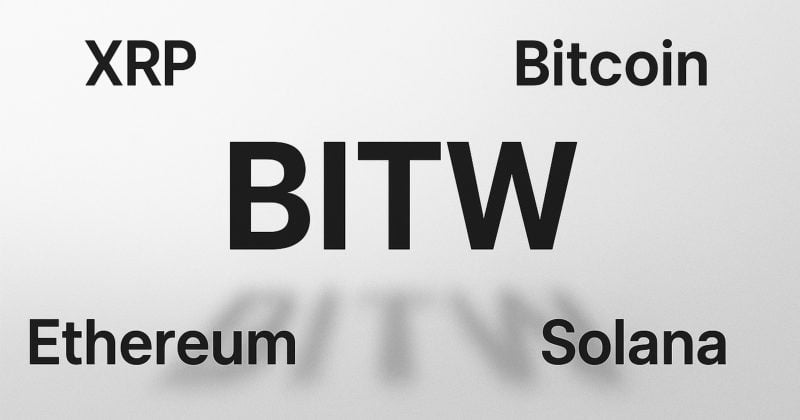
In his annual letter to shareholders, released today, JPMorgan Chase CEO Jamie Dimon expressed some concerns about the potential economic repercussions of President Donald Trump’s recent tariff implementations.
Dimon warned that these tariffs could exacerbate inflation and impede economic growth, emphasizing the urgency of resolving trade uncertainties swiftly to prevent long-term damage to consumer confidence and corporate profitability.
“As for the short-term, we are likely to see inflationary outcomes, not only on imported goods but on domestic prices, as input costs rise and demand increases on domestic products,” Dimon wrote in relation to the tariffs.
The newly introduced “reciprocal” tariffs include a baseline 10% tax on all imports, which has already triggered significant market volatility. U.S. stock futures experienced sharp declines, with the Dow Jones Industrial Average dropping approximately 800 points.
This downturn extended globally, affecting markets in Europe and Asia.
Potential recession
Dimon highlighted that while the U.S. economy was already showing signs of slowing prior to the announcement of these tariffs, the additional strain could compound existing challenges and potentially push the nation toward a recession.
He noted that the negative impacts — such as diminished consumer confidence, reduced investments, lower corporate profits, and a weaker U.S. dollar — can accumulate and become increasingly difficult to reverse.
Addressing the broader geopolitical implications, Dimon cautioned against an isolationist stance, stating that “America First” should not devolve into “America alone.” He underscored the importance of maintaining strong military and economic alliances, warning that fragmentation could weaken the U.S. and benefit adversaries.
Dimon advocated for consistent, respectful engagement with allies and global partners to effectively compete with nations like China, particularly in areas such as artificial intelligence and semiconductor technology.
Crypto’s impact
The cryptocurrency market has not been immune to these developments. Bitcoin (BTC), for instance, fell to its lowest level since November, trading at around $78,500 at the time of writing.
This decline has had a cascading effect on cryptocurrency-related stocks, with companies like MicroStrategy, Marathon Digital, Riot Platforms, and Coinbase experiencing significant losses.
Dimon’s skepticism toward cryptocurrencies is well-documented. He has previously questioned the tangible benefits of crypto assets, noting that despite over a decade of discussion, they have yet to deliver substantial value.
While acknowledging the potential of blockchain technology, Dimon has consistently expressed doubts about the viability of cryptocurrencies themselves.











